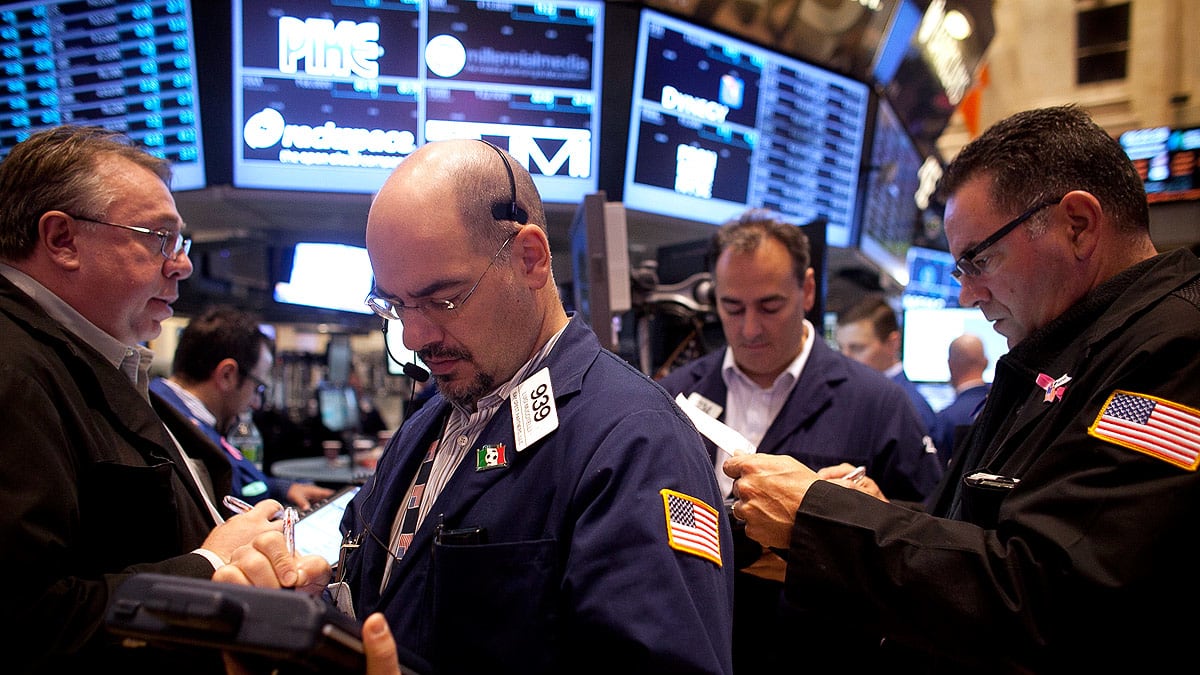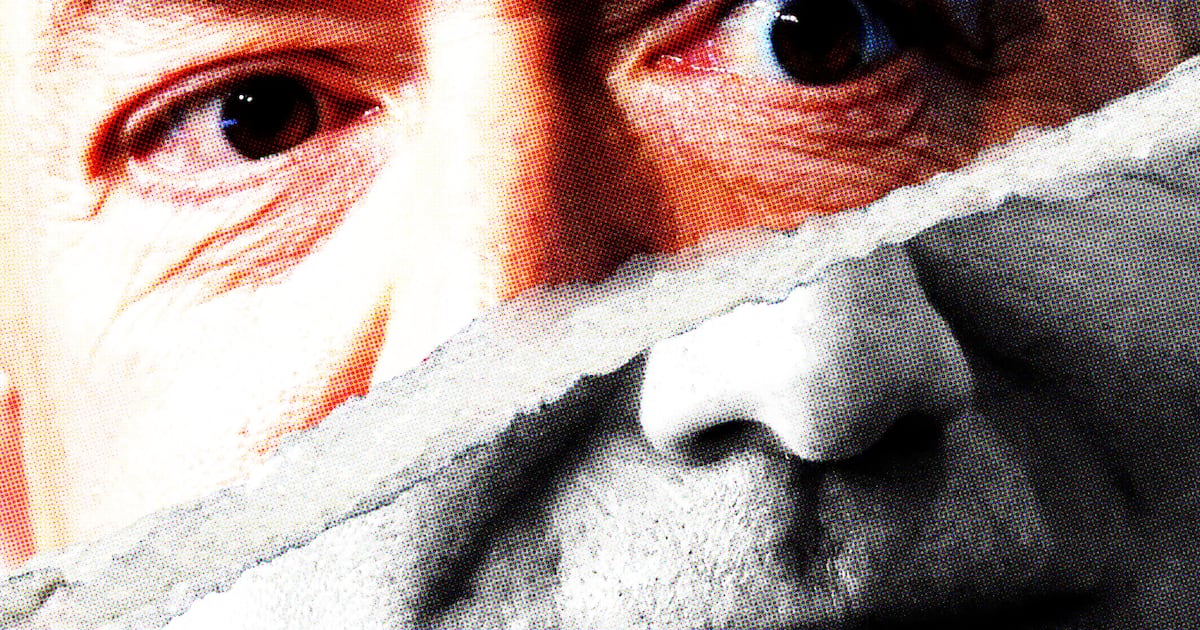It’s one of the hoariest clichés about investing: the stock market hates uncertainty, and loves certainty. Traders are reluctant to commit capital when there’s uncertainty over regulation, or the outcome of a Supreme Court case, or a contentious political contest. But once clear verdicts are rendered, investors relax and become more optimistic. Or not.

Tuesday night, America’s voters cleared up the remaining uncertainty about the presidential and congressional elections. By midnight, it was clear who would remain in control of the White House, the Senate, and the House of Representatives. The results generally aligned with what polls and prediction models were signaling. So why did the stock market fall out of bed?
In the first few hours of trading Wednesday, the Dow Jones Industrial Average lost more than 300 points and the Standard & Poor’s 500 lost more than 2 percent. By mid-morning, a few explanations had emerged. I rank them in order from most to least likely.
ADVERTISEMENT
Blame the Europeans. For the last few weeks, Europe’s financial and economic crises have taken a backseat to the U.S. elections (at least, in the U.S.), and in some sectors, have also seemed to subside. Bond yields on Italian and Spanish government debt have fallen toward nontragic levels. But Europe seems to have decided to let us know just how screwed up things are. Germany, the economic engine of the ailing Eurozone, reported that its industrial production fell sharply in September from August—the second straight month of declines. Meanwhile, Greece has a vote scheduled for Wednesday on new austerity measures. Should it fail, Greece might have difficulty securing bailout funds. These ill economic winds, which caused declines in European stock markets, swiftly crossed the Atlantic.
The Fiscal Cliff. Forget about the foreigners. The Dow’s Wednesday woes are entirely of our own making. The election results, by preserving the status quo in Washington, may have removed one source of uncertainty. But by preserving the status quo, they also sent us barreling toward a waterfall of uncertainty that rivals Niagara Falls: the fiscal cliff. Due to an unfortunate series of partisan events, come Jan. 1, taxes will rise on income, dividends, and capital gains, and sharp, automatic budget cuts will commence. All of which is very bad news for stock investors. Never mind that all of this was totally foreseeable on Monday and Tuesday. Many Wall Street investors were clearly hoping for an upset election that would alter the partisan makeup of Washington, and thus make a short-term, investor-friendly deal more likely. Others may have been too preoccupied with 538 and unskewedpolls.com to focus on the hazards ahead. By Wednesday morning, however, they were staring into the fiscal abyss. In the grips of existentialist angst, investors decided to sell stocks and start stowing money under their mattresses.
Blame Obama. No, really. It’s no secret that Wall Street investors were really eager to see one of their own, Mitt Romney, elected president, and to see President Obama turned out of office. After all, if you set aside the free money and the massive stock market gains, the Obama years had brought Wall Street nothing but trouble: more regulation, occasional demands that investment banks stop destroying the system, the threat of higher taxes, and occasional sideways glances and mean words. In this line of thinking, stocks had rallied in the days before the election on the hopes that Mitt Romney would finally vanquish the Socialist foe, ushering in a capitalist golden age. Sure, the numbers didn’t look good. But many Wall Streeters simply knew Romney had the momentum. A missive I received Tuesday from a strategist at Wall Street firm Keefe, Bruyette, Woods, called the race for Romney, noting “sometimes you just go with your gut.” Romney, he concluded, would win Florida, Virginia, North Carolina, Colorado, and Pennsylvania. (Well, one out of five ain’t bad.) The results, of course, crushed the spirits of investors. Angry and confused, they mimicked frequent CNBC guest Donald Trump—and threw a giant, self-destructive, attention-getting hissy fit.





